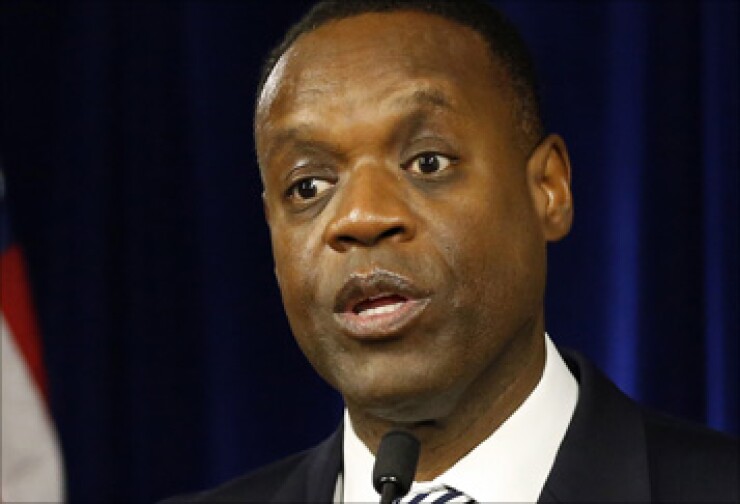
WASHINGTON – Even before the Senate takes up the House Puerto Rico bill, the names of several individuals are being floated as possible candidates for the oversight board the legislation would create.
Also, if the Senate amends the House-passed Puerto Rico relief bill but doesn’t pass it before June 23, the House wouldn’t be able to vote on the amended version until after July 5 when it returns from the July 4 recess. But sources say that may not matter because when Puerto Rico defaults on its largest amount of debt so far on July 1 and additional lawsuits are filed the bill, when passed, will temporarily halt any litigation.
Among the names that have been floated for the seven-member, presidentially appointed board are former New York Gov. George Pataki, Jones Day partner Kevyn Orr who oversaw Detroit’s bankruptcy, and former New York Lieutenant Gov. Richard Ravitch. Pataki has a residence in Puerto Rico and Orr served as Detroit’s emergency manager during its restructuring. Ravitch has a wide array of experience in the municipal market. He headed the New York State Urban Development Corp. and the Metropolitan Transportation Authority when the fiscally troubled New York City was under a control board established in the 1970s.
One source said Ravitch may be a controversial choice for the board as he was an early advocate for territory-wide restructuring, which has drawn opposition from some Republicans. Given their focus on restructuring, Ravitch and Orr also may be better candidates for the board’s executive director, a powerful position that the oversight board’s chair would appoint with the consent of the other board members, the source said.
However, with the bill still sitting in the Senate and with the chance for amendments to be added to it before a vote, there is still the possibility the appointment process could change.
“I think it’s a little premature to start measuring the drapes,” the source said.
Senate Majority Leader Mitch McConnell, R-Ky., has vowed to take the House bill up before July 1, when Puerto Rico faces a $1.9 billion debt payment on which the territory’s governor has said it will default. The island is currently struggling with roughly $70 billion in debt and $46 billion in unfunded pension liabilities.
If Puerto Rico misses the July 1 payment, creditors will likely sue to collect what they believe they are owed.
But if Congress wants to pass the bill before the expected default while allowing enough time for Senate amendments, the Senate would have to take the bill up early during the week of June 20, pass any amendments, and then hope the House approves the amendments by the end of the week. In its current form, the bill would create a board that would have the power to require balanced budgets and fiscal plans, as well as to file debt restructuring petitions on behalf of the commonwealth and its entities.
Several Democrats may try to amend the bill’s provisions on the board’s makeup and appointment process, which currently does not allow for input from Puerto Rico’s government. Under the House bill, the president and leaders of Congress would be tasked with naming the seven members, only one of which would have to have a primary residence or place of work on the island. Democrats have called that process undemocratic. Puerto Ricans have been ever more critical calling it neo-colonialism.
Both major candidates for governor in Puerto Rico oppose the bill and have said they will work to prevent PROMESA from being enacted. According to a poll commissioned by El Nuevo Dia, the largest paper in Puerto Rico, 69% of respondents supported the gubernatorial candidates’ efforts to prevent enactment and 54% opposed the board.
President Obama discussed the opposition in the commonwealth during a recorded weekly update on June 11, in which he said he has always insisted that any solution to Puerto Rico’s crisis has to respect the democratic rights of the people of Puerto Rico.
He also may have potentially hinted at putting more Puerto Ricans on the board, when he said he is “committed to making sure that Puerto Ricans are well-represented in this process so we can be sure that we are taking steps that are in the island’s best interest.”
Sources said that in the long-run it won’t be easy to implement the bill, when approved, if Puerto Ricans don’t support it.





